Inland Region Impact Brief: Powerful Multi-Racial Organizing for Housing Justice
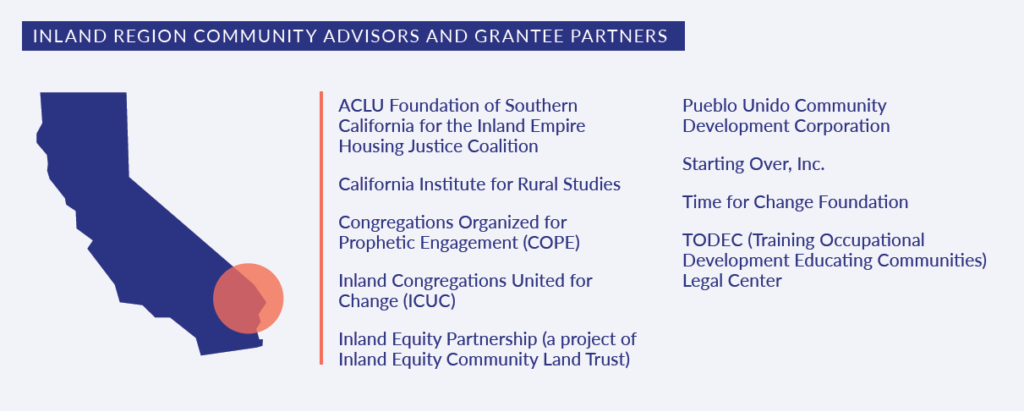
The Funding from F4ICA and others made it possible to engage in rapid response. We’re moving housing advocacy at the state and regional levels and focus locally on direct services, to be able to stop evictions, utility shut offs, and other denial of rights and services.
Congregations Organized for Prophetic Engagement (COPE), Inland Region Community Advisor
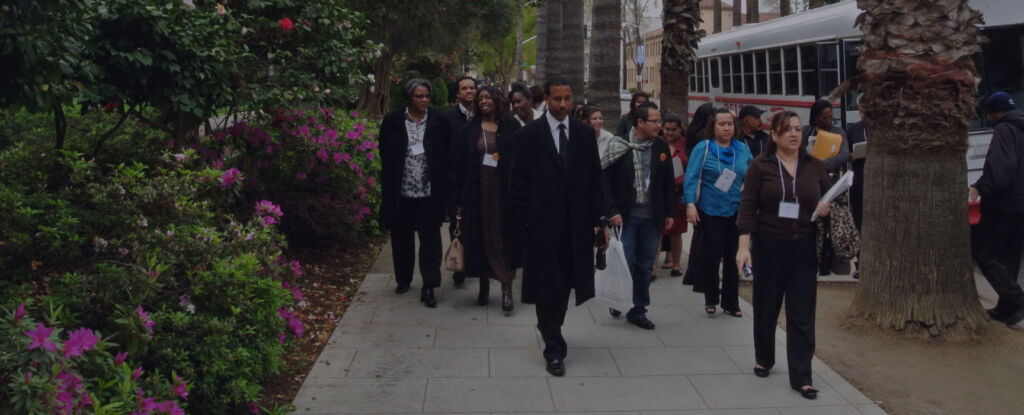
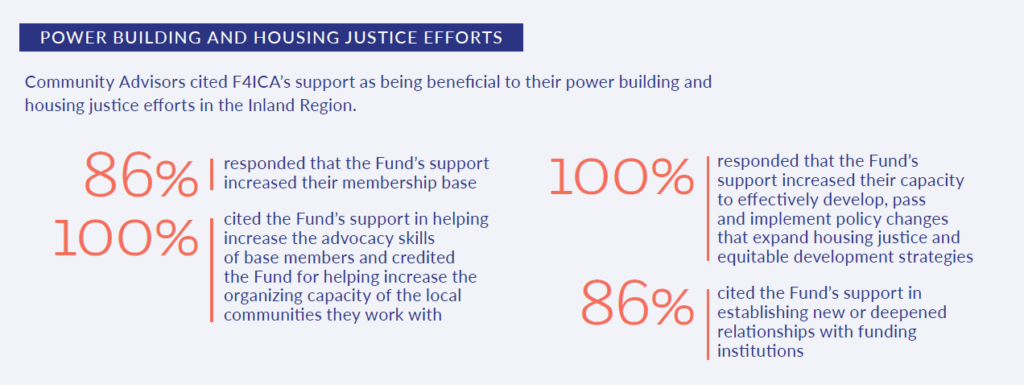
Community Advisors credited F4ICA with helping leverage and bring in more housing resources to the Inland Region: ‘Thanks to F4ICA our organization is expanding to tap into the private sector including financial institutions, corporations, and donors.’
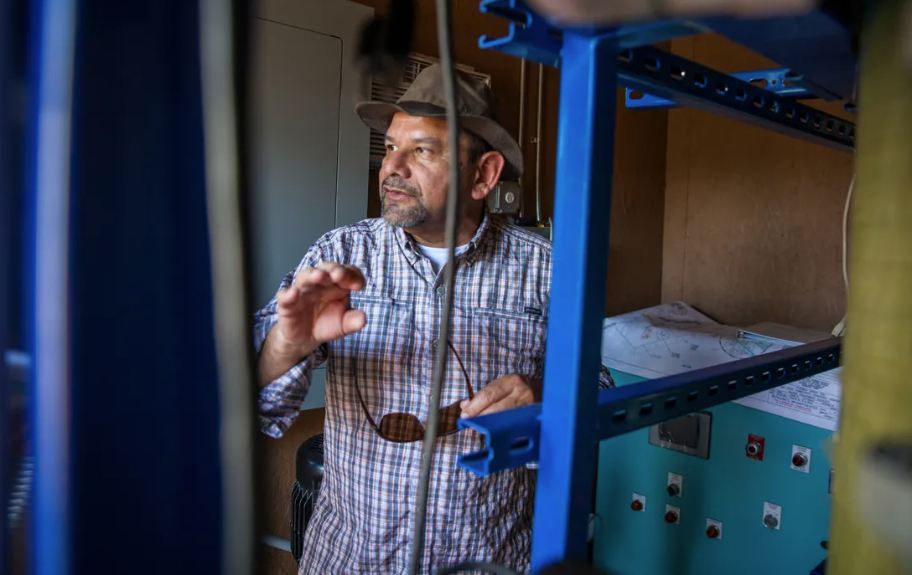
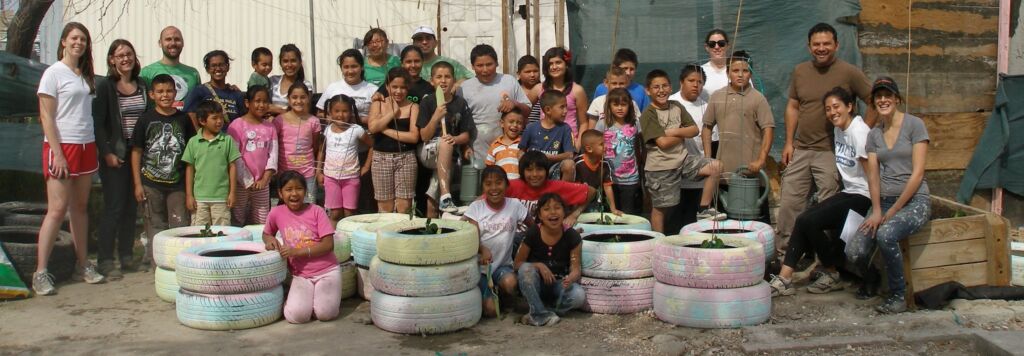
We’ve benefited from the collaborative funding efforts of our region including through F4ICA. Looking ahead, we hope the collective foundation support for the Inland Region will sustain collaborative investments and enable groups to go deep in our efforts to realize longterm housing and economic justice.
Inland Congregations United for Change (ICUC), Inland Community Advisor